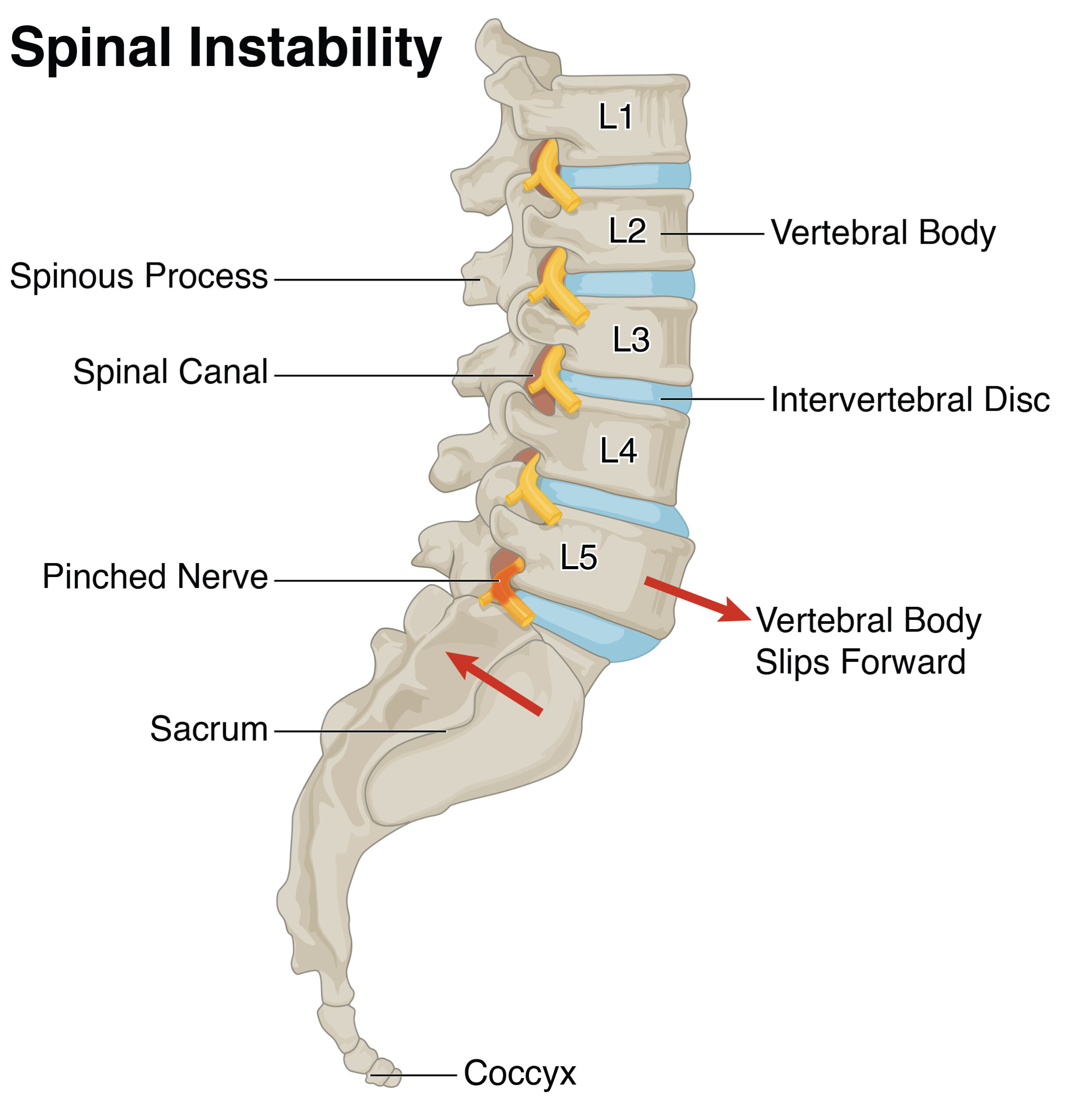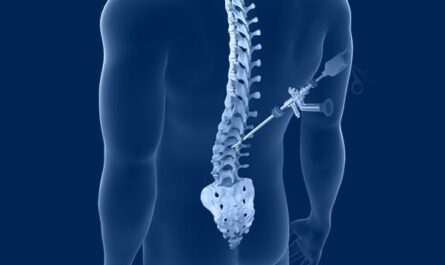Spine surgery is often seen as a last resort when dealing with chronic or severe back issues. However, in some cases, it becomes necessary to alleviate pain, restore function, and improve quality of life. But how do you know when spine surgery might be required? Let’s explore the signs and symptoms that could indicate it’s time to consider surgery.
Chronic Back Pain That Doesn’t Respond to Treatment

If you’ve been suffering from persistent back pain for months, despite trying various non-surgical treatments like medication, physical therapy, or injections, surgery might be necessary. Chronic pain that disrupts your daily activities and doesn’t improve with conservative methods can indicate structural issues in the spine that need surgical intervention.
Nerve Compression Causing Radiating Pain
Pain that radiates from the spine down your legs (sciatica) or arms could be a sign of nerve compression, commonly caused by herniated discs or spinal stenosis. When nerves are compressed, they can cause severe pain, numbness, or weakness in your limbs. If these symptoms persist despite treatment, surgery may be needed to relieve the pressure on the nerves.
Loss of Bladder or Bowel Control
A sudden inability to control your bladder or bowels, coupled with severe back pain, may be a sign of cauda equina syndrome—a medical emergency requiring immediate surgery. This condition occurs when the nerve roots at the lower end of the spinal cord are compressed, leading to loss of function in the pelvic organs. Delayed treatment can result in permanent damage.
Severe Muscle Weakness
Muscle weakness in the arms, legs, or other areas affected by spinal conditions can be a red flag for more serious spinal issues. If you experience difficulty lifting objects, walking, or maintaining balance, it could indicate nerve damage from spinal cord compression, herniated discs, or other degenerative conditions. Surgery may be required to prevent further deterioration.
Spinal Instability

Spinal instability refers to abnormal movement between vertebrae, which can lead to severe pain and risk of nerve damage. Conditions like spondylolisthesis (where a vertebra slips forward over the one beneath it) may cause instability. Surgery can help stabilize the spine and prevent further misalignment.
Deformities of the Spine
In cases of spinal deformities like scoliosis or kyphosis, surgery may be necessary when the curvature becomes severe and affects posture, breathing, or causes significant pain. Corrective surgery can help straighten the spine and alleviate symptoms.
Fractures or Trauma
Injury to the spine from accidents, falls, or fractures may require surgery, especially if the bones or discs are pressing on the spinal cord or nerves. Fractures that lead to instability or nerve compression need to be surgically stabilized to prevent further injury.
Failed Conservative Treatments
If non-surgical treatments like medication, physical therapy, or spinal injections have failed to provide relief after six months or more, surgery may be the next step. Surgery is usually recommended only after these methods have been exhausted and no significant improvement has been observed.
Conclusion
Spine surgery should be considered when non-surgical treatments fail, and symptoms significantly impact your quality of life. Conditions such as chronic pain, nerve compression, spinal deformities, or trauma may necessitate surgical intervention. If you’re experiencing any of the symptoms mentioned above, it’s essential to consult with a spine specialist.
Early diagnosis and intervention are primary key to preventing further complications, so don’t ignore persistent pain or nerve-related symptoms. With advancements in minimally invasive spine surgery, many procedures offer quicker recovery times and improved outcomes. Always discuss all available treatment options with your healthcare provider to make an informed decision.




